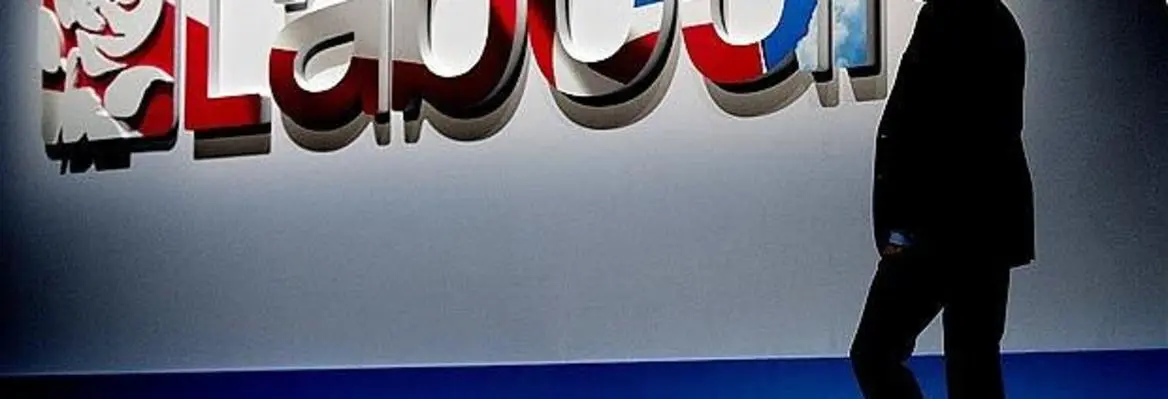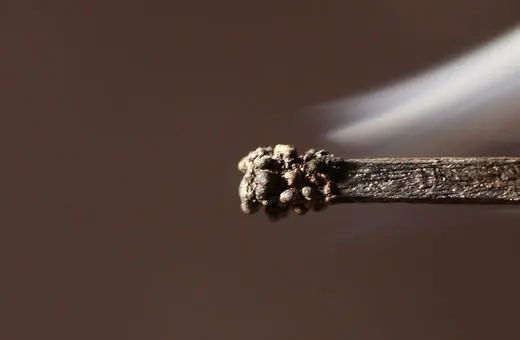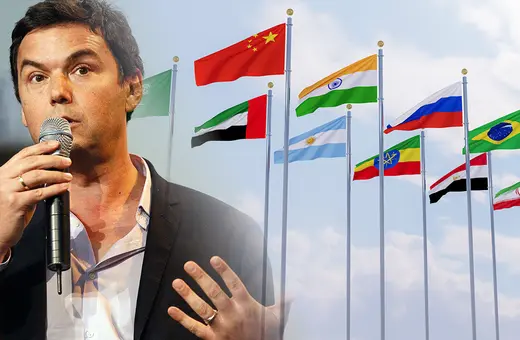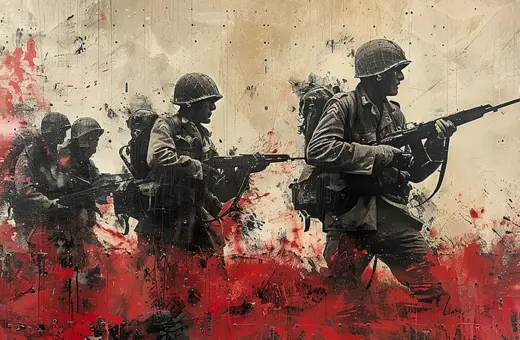I have been a “Bennite” (which became a considerable term of abuse in the 1980s) since the 1960s. I was brought up in a Labour household in which the premiership of Harold Wilson was the sun and Mr Benn was the brightest of the many stars clustered around that Labour cabinet. There were so many stars – James Callaghan, Roy Jenkins, Barbara Castle, Tony Crosland, Richard Crossman, Dennis Healey, George Brown – but even in that company, the young, fresh-faced, bursting with ideas Wedgwood-Benn (as he was then known) stood out.
For us he seemed to exemplify the “white-hot heat” of the “technological revolution” – Mr Wilson’s wheeze for disguising his socialist purpose from a hostile media and the “Gnomes of Zurich” who, even then with their financial power had the means of destroying any real Labour government. Mr Benn was brim-full of innovative unorthodoxy, and seemed just what the doctor ordered.
From his heroic (and successful) fight to remain in the Commons upon the death of his father Viscount Stansgate, through to the Hovercraft, Concorde, TSR2, nuclear power, special edition postage stamps, all the while tape-recording his own interviews and speeches, he was every inch the “young Lochinvar”. Dashing, romantic, eloquent, unafraid.
The “technological revolution” cooled, the crucible crumbled, but my love for Tony Benn never did, which is why his recent death at the age of 88, surrounded by his family whom he loved with extraordinary zeal, is not just any other passing and has caused, unusually for me, the cancellation of a raft of important engagements.
I first met Tony Benn (as he was by then) at the Labour conference in Blackpool in 1974. I was 20 years old, the Secretary of Dundee West Constituency Labour Party. Whilst I was expressing my hero-worship of him, he told me that I was the youngest constituency party secretary in Labour Party history. It made that badge seem much brighter.
We remained in touch throughout the 1970s as Benn emerged as the most important, most popular, socialist – as opposed to mere Labour – figure in Britain in the 20th century. When Mr Wilson and then Mr Callaghan’s governments (1974-79) ran into more and more troubled waters, it was Tony Benn who became the parliamentary focus of the fight for an “alternative economic strategy”.
On the eve of the Devolution Referendum in 1979, Mr Benn addressed a huge Yes Rally in Dundee’s Caird Hall, attended by over one thousand people on a bitter winter’s night, The speech he gave – the tape-cassette of which he sent me and which I still have – was quite simply the greatest speech for the socialist idea I have ever heard, bar none. In the vast cavernous auditorium his rolling cadences; his masterful command of the English language; his thinly-coded attacks on the collapse into financial orthodoxy of his cabinet colleagues; the clarity of his call for the unity of working people on this island whilst supporting Home Rule within it; his unbelievably powerful case for democracy in our economy as well as our institutions still ring in my ears as I write this. It was a tour de force, even by his standards, and no one who was there will ever forget it.





















Join the conversation